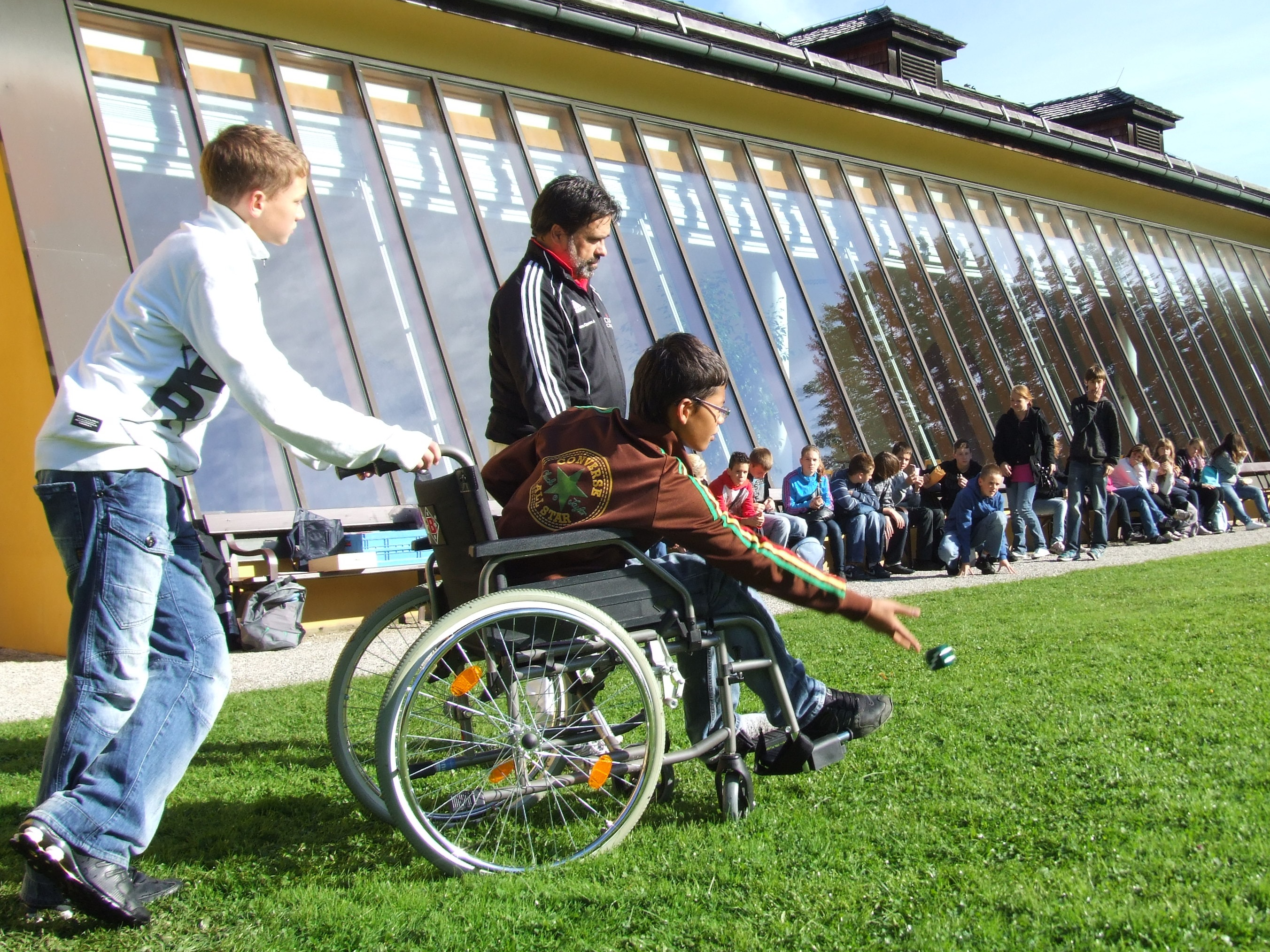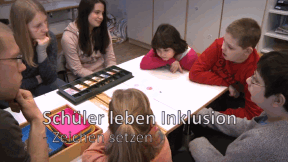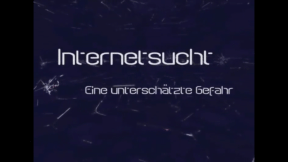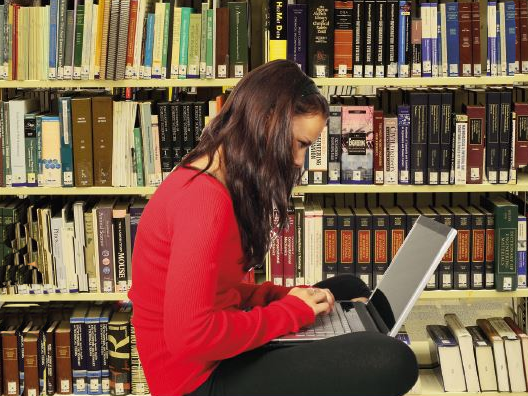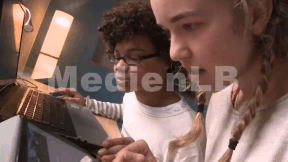 Society
Society
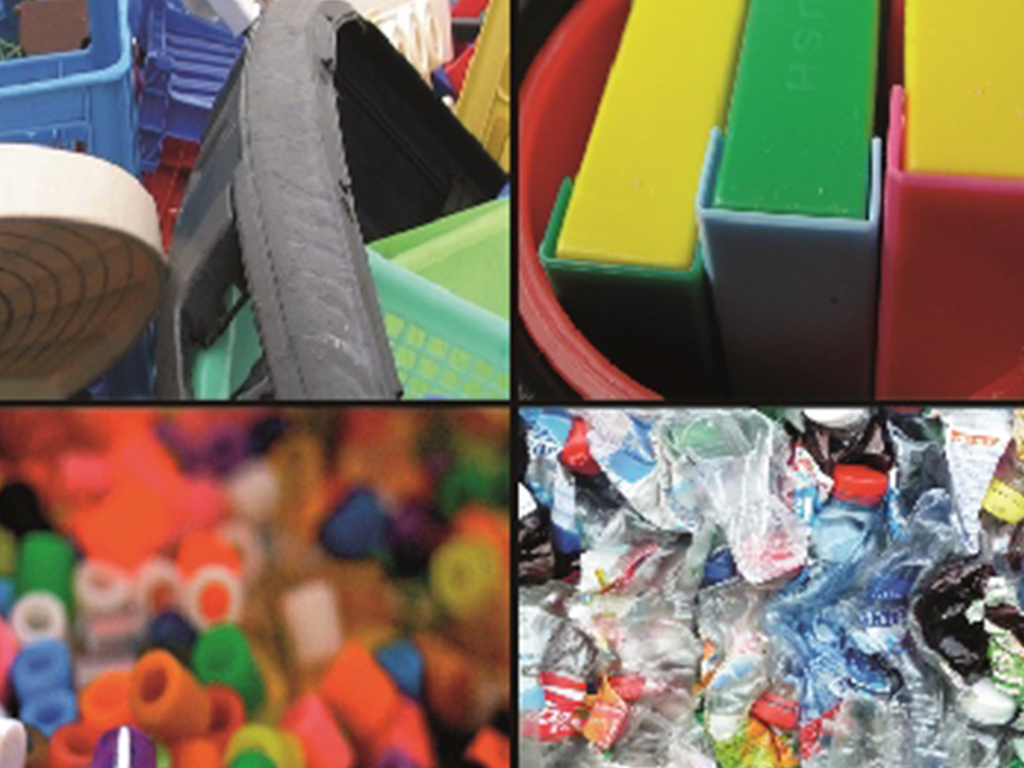

4670856 / 5560962
Geht es auch ohne?
Plastik, Strom und Sonne
Ist es Joey überhaupt möglich, einen ganz normalen Einkauf zu tätigen, ohne dass Plastik in ihrem Einkaufswagen landet? Das Moderatoren Duo macht die Erfahrung, dass es eine Welt ohne Plastik kaum gibt. Unser tägliches Leben wird durch Plastik bestimmt: vom Smartphone, den Schuhen bis hin zur Softdrinkflasche und auch dem Fernseher. Das große Problem des Plastikmülls ist die schlechte Recyclingfähigkeit. Plastik hat als Müll eine extrem lange Lebensdauer und ist insbesondere in Länder ohne funktionierendes Recycling ein nicht gelöstes Umweltproblem.
Fero und Grit machen im Selbstversuch die Erfahrung, dass es uns – verwöhnten – Konsummenschen zwar möglich ist, ohne Strom, ohne Plastik, gar ohne Sonne und auch ohne Lügen auszukommen. Was jedoch möglich ist, ist nicht auch realistisch. Die Einschränkungen im Alltag sind gewaltig und der Mensch als Gewohnheitstier und Mitläufer bei allen technischen Neuheiten, ist kaum in der Lage allen Annehmlichkeiten im Alltag zu widerstehen. Selbst einen Tag mal nicht lügen, fällt extrem schwer. Ein Student macht die Erfahrung, dass mit der vollen Wahrheit doch jede Freundschaft, Liebesbeziehung und selbst das Studium auf sehr tönernen Füßen steht und die von uns allen gern und effizient verwendete Notlüge das Leben wesentlich einfacher und gestaltet.

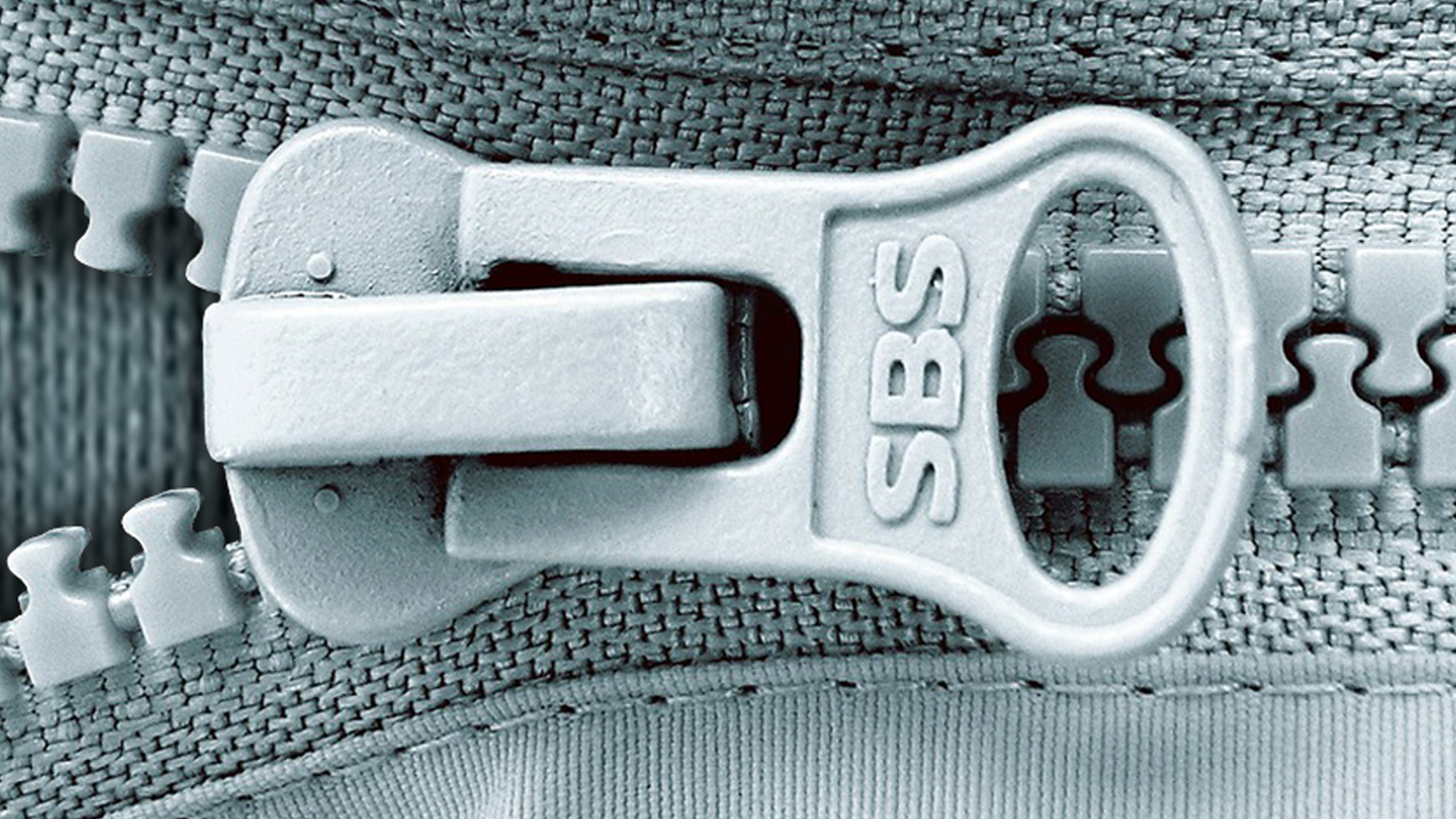
Curriculum-centred and oriented towards educational standards
Matching
Pupils Practise Inclusion
When people come together, no matter under what concomitant circumstances – ultimately, it is about how these people meet and how openly they interact with one another.
Internet Addiction
The film consists of two parts. The first part is the 15-minute short film “In the Net”. It describes the problem of excessive Internet use in a humorous way, in particular the risk of losing touch with reality when chatting. The second part illustrates with three real persons how Internet addiction can develop and the problems encountered by those who are afflicted. The authentic statements are commented by an experienced therapist. For many pupils, the issues addressed here are related to their everyday lives. What is a “sensible” use of the Internet, where does pathological addiction start? In contrast to addiction to alcohol, nicotine or drugs, the public seems to be largely ignorant of the problem of this addiction, which is not related to any substance abuse. The film provides material for discussion in the classroom (crossdisciplinary) and can be used as a basis for the formulation of prevention strategies.




